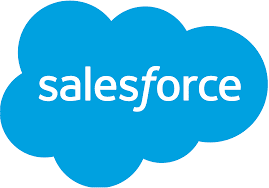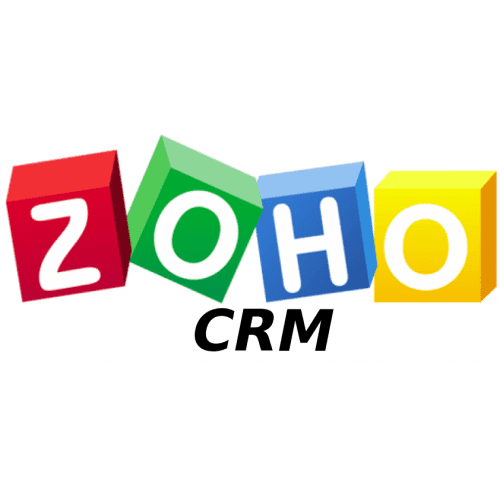Best CRM Software
Top 04 Customer Relationship Management (CRM)
Best for Small Businesses

Pipedrive
Best for Visual Sales Pipelines

SalesForce
Best for Project Management

Monday.com
Best For Startups

Zoho CRM
What is CRM software ?
CRM software, also known as Customer Relationship Management software, is a powerful tool used by businesses to manage their interactions and relationships with customers In today’s competitive market, strengthening customer relationships is essential and for successful operations. CRM software helps companies streamline their customer management processes by centralizing customer information, automating workflows, and providing valuable insights for improved decision making A key feature of CRM software is its ability to store and organize customer information in a centralized database. This gives businesses a comprehensive view of each customer’s history, preferences, and interactions across multiple touchpoints. By making this information readily available, sales representatives can customize their approach and provide customized solutions to meet each customer’s needs.

Pipedrive is a game-changing CRM platform that is changing the way businesses manage their sales processes. With an easy-to-use interface and powerful features, Pipedrive empowers sales teams to streamline workflows, close deals faster, and ultimately increase revenue One of Pipedrive’s key advantages is its flexible pipeline management system. This allows companies to visualize their sales from start to finish, ensuring that every lead is properly nurtured and no opportunity falls through the cracks. With customizable steps and simple drag-and-drop functionality, sales teams can easily track progress and prioritize tasks to maximize efficiency
How to Choose the right CRM ?
Choosing the right customer relationship management (CRM) system is important for businesses of all sizes. A CRM system helps organizations streamline sales, marketing and customer service processes, ultimately improving customer satisfaction and increasing revenue
It is important to consider your business needs and goals when choosing a CRM system. Identify the specific features and functions your organization needs to do its job. Whether it’s lead management, contact segmentation, or automated workflows, make sure the CRM system you choose matches your unique needs.
Additionally, consider the scalability of CRM systems. As your business grows, so will your client base and data volume. Ensure that the CRM solution you choose can accommodate future growth without compromising productivity or productivity.
Integration capabilities are another important consideration when choosing a CRM system. Find solutions that integrate seamlessly with other tools and platforms you are currently using or planning to use in the future. This will improve data flow across systems and increase overall performance.
Also, notice how intuitive and easy it is to use. The easy-to-use interface ensures that employees can quickly make changes to use the CRM system effectively. Additionally, consider whether you need an on-premise deployment or prefer a cloud-based solution based on your organization’s infrastructure and security needs.
Finally, don’t forget about the customer support and training options offered by the CRM vendors. A reliable support team can help with any technical issues or questions that arise during daily use or usage.
Types of CRM Software
CRM or Customer Relationship Management is a key part of any successful business. It allows corporations to manage and examine patron interactions and statistics to increase buyer satisfaction and sales pressure. There are several types of CRM frameworks on the market today, each catering to exclusive business wants and requirements.
One type of CRM is operational CRM, which focuses on streamlining day-to-day dealings with buyers along with revenue automation, advertising and marketing automation, and operator automation. This type of CRM makes it easy for businesses to embellish their efficiency by automating repetitive duties and presents a centralized platform for managing client interactions.
Another type is analytical CRM, which specializes in analyzing customer records to gain insight into consumer behavior and alternatives. By leveraging fact analytics tools, groups can identify patterns and characteristics that can help them make informed decisions about advertising strategies, product development, and buyer segmentation.
Collaborative CRM is a different kind that emphasizes collaboration between different departments within a business. It enables teams to share insights about customers across various touchpoints, ensuring a seamless experience for customers throughout their adventure with the company.
Finally, there is strategic CRM, which specializes in long-term planning and courtship with key clients. This type of CRM aims to build strong relationships with overpriced customers through customized communication techniques and tailored offers.
